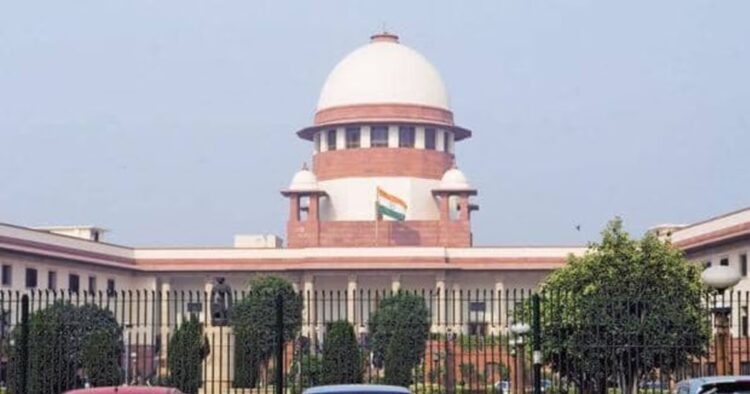Supreme Court Unanimously Upholds Abrogation of Article 370
In a landmark 5-0 decision on Monday, the Supreme Court supported the government’s abrogation of Article 370. Chief Justice D Y Chandrachud and Justice Sanjay Kishan Kaul provided separate but concurring opinions, addressing three crucial aspects.
Firstly, the court dismissed the notion of Jammu and Kashmir retaining any sovereignty post its accession to India in 1947. The court emphasized that the state had always been an integral part of India, citing relevant constitutional sections.
Secondly, the court clarified that Article 370 is a temporary, transitional provision. Chief Justice Chandrachud explained its historical context and placement in the Constitution’s temporary provisions section, highlighting its purpose during the 1947 war-like situation.
Lastly, the court affirmed the validity of the presidential proclamations of August 2019, which effectively abrogated Article 370. It referred to the 1994 ‘SR Bommai v Union of India’ ruling, stating that the President (Governor in J&K’s case) can assume the roles of the state legislature under President’s rule. The court found no prima facie case of malafide or extraneous exercise of power in the President’s orders.
In essence, the Supreme Court’s ruling reinforces the integration of Jammu and Kashmir into India and the temporary nature of Article 370, while validating the legal steps taken in 2019.

















Comments